Editor's note: On the occasion of the 50th anniversary of national reunification, VietNamNet newspaper introduces a series of articles with the theme " April 30 - a new era ".
Experts, military men, and historical witnesses share memories, lessons, and experiences from the victory of the resistance war against America to save the country.
That is the strength of great national unity, the lesson of mobilizing people's strength, gaining international support; the lesson of diplomacy and military in the resistance war for the task of protecting the Fatherland early and from afar.
That is the creativity, resilience, and strength of people's war for the cause of national liberation, a great lesson in promoting internal strength for the cause of building and defending the Fatherland.
Professor and historian Larry Berman is the author of the book “Perfect Spy X6” about Major General Pham Xuan An - a reporter for Reuters, Time Magazine and the New York Herald Tribune, and also a strategic intelligence general of the Vietnamese revolution.
To complete this book, Professor Larry Berman visited Vietnam nearly 20 times to interview Mr. Pham Xuan An and collect documents.
Professor, historian Larry Berman and Major General Pham Xuan An. Photo: NVCC
“Perfect Spy X6” was published in the US in 2007 and made a strong impression on the public. The book has been reprinted many times and is always the first choice of many people when they want to learn about the most famous intelligence general in Vietnam.
VietNamNet talked with Professor Larry Berman nearly 20 years after the book was published.
I WANT TO BE A BIOGRAPHY WRITTEN ABOUT PHAM XUAN AN
Looking back more than 25 years ago, after their first meeting, General of Intelligence Pham Xuan An chose him among dozens of promising veteran journalists to write a book about his intelligence life. So why did Mr. Pham Xuan An choose him and how did the interviews take place?
The first time I met Pham Xuan An was when I was writing the book “ No Peace , No Honor: Nixon, Kissinger and Betrayal in Vietnam ”. This is a book about the final stages of the American war in Vietnam, focusing on the secret negotiations between US Secretary of State Henry Kissinger and Vietnamese diplomat Le Duc Tho.
General Pham Xuan An told me that he knew a lot about the subject and could help me understand more about the story. The next day, we met at the Givral Cafe (a famous cafe in Ho Chi Minh City in the past, because he often went there, Mr. Pham Xuan An was also nicknamed "General Givral") to discuss. And that was the beginning of the relationship between me and General Pham Xuan An.
When “ No Peace, No Honor: Nixon, Kissinger, and Betrayal in Vietnam ” was published two years later, Mr. An read it and told me and others that it was written from the most impartial perspective, written by an American historian of the war looking at both sides of the negotiations. He said that I had written objectively from the Vietnamese side.
The more I talked to him and learned about Pham Xuan An, the more I wanted to write about him, not only as a spy but also about his time in America and as a journalist. I wanted to be Pham Xuan An's biographer.
Easier said than done. At that time, Pham Xuan An repeatedly refused because he was determined to take his secrets to the grave. Because, he believed, many people would be hurt if he told his story.
It was not until Pham Xuan An had to be hospitalized due to severe lung damage from many years of smoking, and time was running out, that I returned home from the hospital and received a message that Pham Xuan An wanted to see me.
A month later, I was in Ho Chi Minh City and once again requested to transcribe his life story before it was too late. We both understood the time limit, and he finally agreed.
Pham Xuan An only asked me not to betray him, that is, I was not allowed to include in the book the things he told as background information so that I could better understand the situation. And to this day, I still keep that promise to Pham Xuan An.
Later, General Pham Xuan An's wife, Ms. Hoang Thu Nhan, wrote to me with the following content: "Mr. An asked you when writing about him to keep secret what was necessary to ensure the safety of his friends, whom he was always grateful to. And you kept your promise to him!..." (The letter was published in the book Perfect Spy X6 ).
One of the family's favorite photos, of Mr. Pham Xuan An and Mrs. Thu Nhan. Source: Pham Xuan An's personal documents
The interviews were fascinating. I would often go to Pham Xuan An’s house at 9am and talk until he was tired. He allowed me to record all the interviews and shared many personal documents with me.
All interviews will soon be available as digital files so that everyone can listen, although while listening to the tapes, people will hear Mr. An's chickens crowing in the background. Sometimes our conversations lasted until noon, other days we talked until 2-3 pm.
I really enjoyed Pham Xuan An's sense of humor and his reminiscences. Another very important thing was that he introduced me to members of the H63 Intelligence Cluster network such as: Tu Cang (Hero of the Armed Forces, Intelligence Colonel Nguyen Van Tau) - who later became my friend; Ba (Mrs. Nguyen Thi Ba - former intelligence major, Hero of the Armed Forces) and other heroes of the Vietnamese revolution such as General Mai Chi Tho and Muoi Huong (Mr. Tran Quoc Huong - Secretary of the Party Central Committee, commander of the strategic intelligence network against the US).
I spent many hours with them, following them to the locations of the H63 Intelligence Cluster, including safe bases and secret message exchange points.
SIMPLY BECAUSE "WE ARE FRIENDS"
So what do you think about Pham Xuan An compared to American spies or spies from other countries that you have studied?
I call Pham Xuan An the “perfect spy” because every day of his intelligence work, he took extraordinary risks but was never caught. He lived every day among the “enemy” without knowing whether that day would be his last.
His story is an example of the “mirror maze” in the intelligence world. Pham Xuan An built an intelligence network while working as a journalist for Time Magazine, forming deep friendships with American journalists and officials.
Professor Larry Berman. Photo: Le Anh Dung
Each of these friendships was both an asset and a burden, for each piece of intelligence passed on to a comrade could cost the life of a close friend.
The emotional core of Pham Xuan An's story lies in his refusal to let the war rob him of his ability to form genuine friendships.
When American journalist Anson was captured in Cambodia, Pham Xuan An risked everything to rescue his friend, later explaining simply that "we were friends."
Time reporter Robert Sam Anson was captured by the North Vietnamese Army in Cambodia, mistaken for an American pilot, and later released. When giving an analysis of Nixon's invasion of Cambodia and a report on the ideological situation of the Republic of Vietnam soldiers to liaison officer Nguyen Thi Ba, Pham Xuan An also sent a letter requesting Anson's release, saying that "a good American once saved Vietnamese children in Ta Keo." Decades later, Anson learned that his rescuer was his colleague Pham Xuan An.
After the country was reunified, General Pham Xuan An's biggest dream was to mend the Vietnam-US relationship. This year Vietnam celebrates the 50th anniversary of the country's reunification and, quite notably, it is also the 30th anniversary of the establishment of Vietnam-US diplomatic relations. As a political historian, how do you assess the relationship between the two countries?
The story of General Pham Xuan An's life reached its climax at the moment of Vietnam-US reconciliation. In September 2003, the USS Vandegrift visited Vietnam - the first time a US naval ship had docked in Vietnam since the war ended in 1975.
Pham Xuan An, now an old man, witnessed former enemies become friends. This transformation was a testament to An’s deepest belief that genuine human relationships can transcend the boundaries of ideology and politics. Pham Xuan An witnessed a new chapter opening in Vietnam-US relations. In fact, he became part of a larger reconciliation process between the two former enemies.
Major General Pham Xuan An on the USS Vandegrift in 2003. File photo
Pham Xuan An’s life represents the paradox of a spy who refused to let his soul be corrupted by lies. His story is a testament to the human capacity to maintain humanity in the most inhumane circumstances, to find light in the darkest places of espionage, to heal the wounds of war, and to bridge the gap between nations.
Pham Xuan An's story reminds us that humanity and forgiveness remain our strongest hope for peaceful coexistence.
Vietnam and the United States have transformed from enemies to Comprehensive Strategic Partners through many efforts. During his lifetime, Pham Xuan An dreamed of a unified Vietnam, free from foreign invaders. But because he lived in the United States throughout his career as an intelligence officer, worked with Americans, and learned about Americans, he believed that the Vietnamese and Americans shared many values and could be friends.
His dream of bilateral relations can be seen in the Vietnam-US relationship today. He would be very happy to know that many Vietnamese students study in the US and return home like he did, to contribute, build and develop Vietnam.
PHAM XUAN AN IS VERY GREAT BUT ALSO VERY REALISTIC
Rarely does a foreigner come to Vietnam dozens of times just to learn about and write about a Vietnamese person. Do you feel you have a connection with Vietnam? Do you plan to visit Vietnam if you are still healthy enough?
My friends say that I was Vietnamese in my previous life. I think it is true. I have a special love and affection for the Vietnamese people - who have always treated me very kindly.
My favorite dishes also come from Vietnamese cuisine.
There is a special room at the Continental Hotel dedicated to Pham Xuan An. Every night when I sleep, I seem to feel his spirit. I still visit Vietnam 2-3 times a year.
A bronze plaque commemorating Pham Xuan An is located in room 307, 2nd floor of the Continental Hotel. During the years 1960-1975, as a reporter for the Reuters news agency and later for Time magazine in Vietnam, based at this hotel, Pham Xuan An collected a large amount of extremely valuable intelligence information about the political and military strategies of the United States and the Republic of Vietnam government to serve the struggle for national reunification.
We are planning to make a full-scale feature film based on my book. The script is really good and we are trying to get it funded and produced entirely in Vietnam, with the goal of competing for an Oscar. I hope I am still alive when it is finished.
I am also writing a new book called A Slow Walk with Death: The Lingering Legacy of Agent Orange. The book is the main reason I visited Vietnam and will make many more trips in the future.
I am especially happy that the Vietnamese translation of “Perfect Spy X6” is read by many young Vietnamese people, and they often contact me.
Pham Xuan An is truly a hero to many generations of Vietnamese people.
If Pham Xuan An’s story were made into a film, it would make him known to the world as a unique spy, so much so that both friends and enemies respected him. In life, Pham Xuan An was great, almost a legend, but he was also very real.
Professor and historian Larry Berman is Professor Emeritus at the University of California at Davis. He has written on a wide range of Vietnam-related topics, including Planning a Tragedy: The Americanization of the Vietnam War; Lyndon Johnson's War: The Road to a Dead End in Vietnam; No Peace, No Honor: Nixon, Kissinger, and Betrayal in Vietnam; Perfect Spy: The Extraordinary Double Life of Pham Xuan An, Reuters, Time, New York Herald Tribune, and Vietnam's General of Strategic Intelligence; ZUMWALT: The Life and Timeline of US Navy Admiral Elmo Russell Zumwalt, JR.
He has been to Vietnam more than 30 times and believes that he lived in Vietnam in his previous life.
The interview used some materials from the book "Perfect Spy: The Extraordinary Double Life of Pham Xuan An, Reuters Reporter, Time, New York Herald Tribune... & Vietnam Strategic Intelligence General".
Source: https://vietnamnet.vn/loi-hua-20-nam-cua-larry-berman-voi-diep-vien-hoan-hao-pham-xuan-an-2393112.html


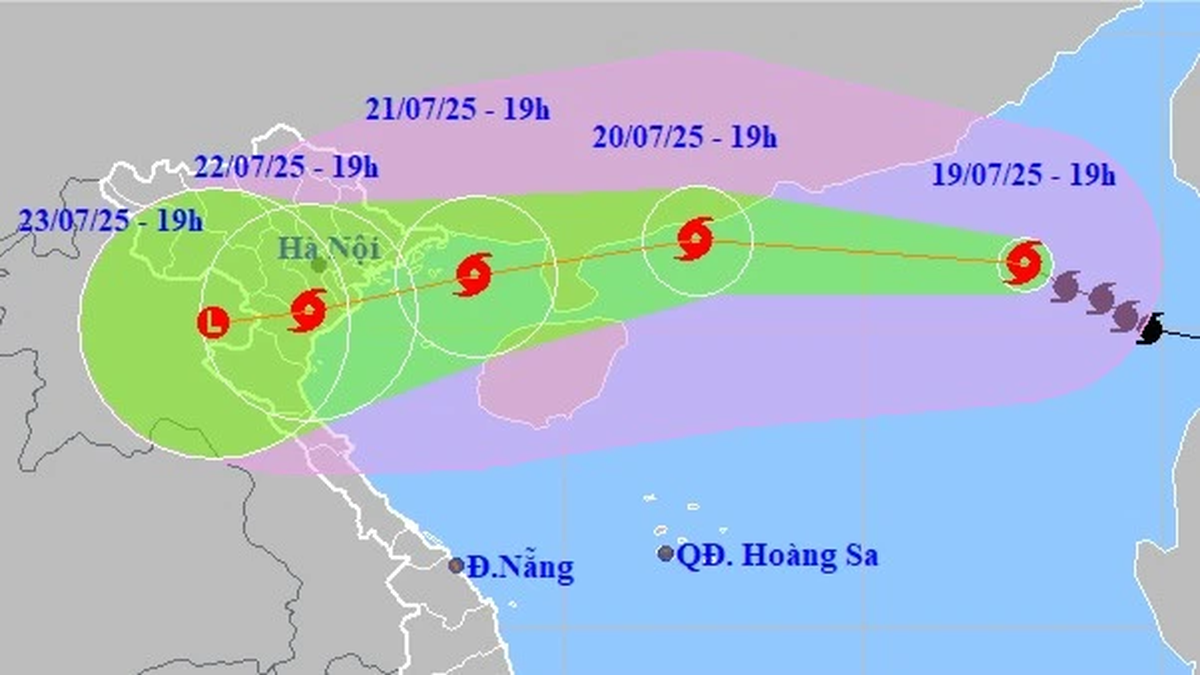
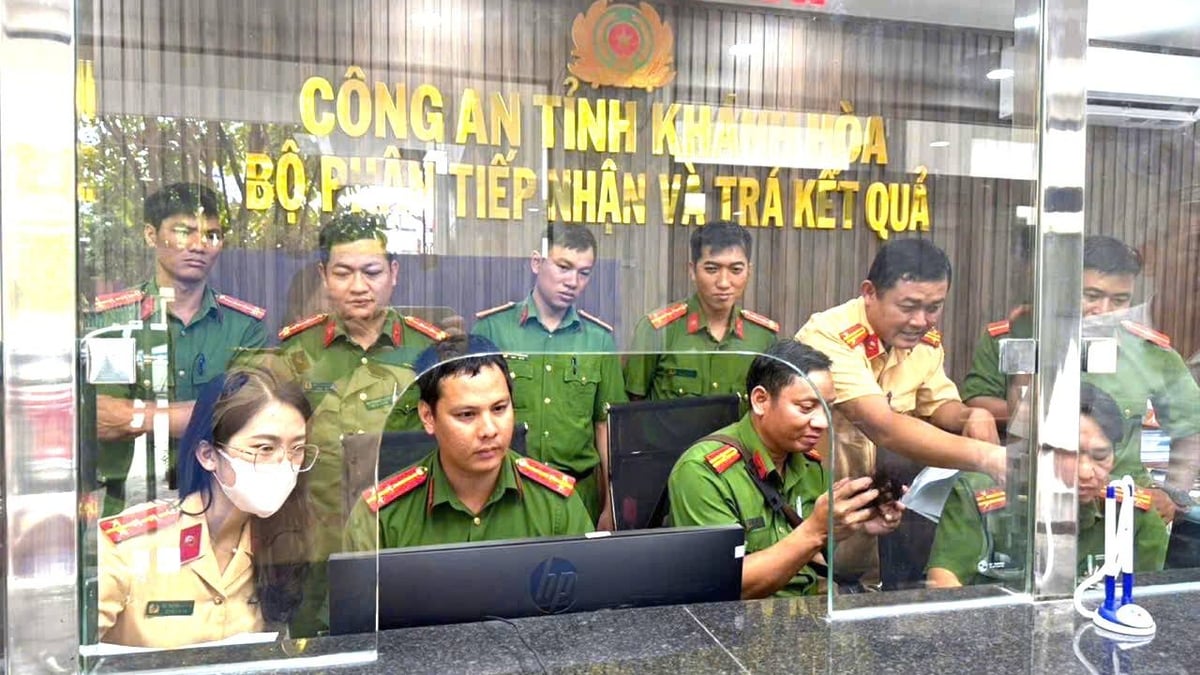

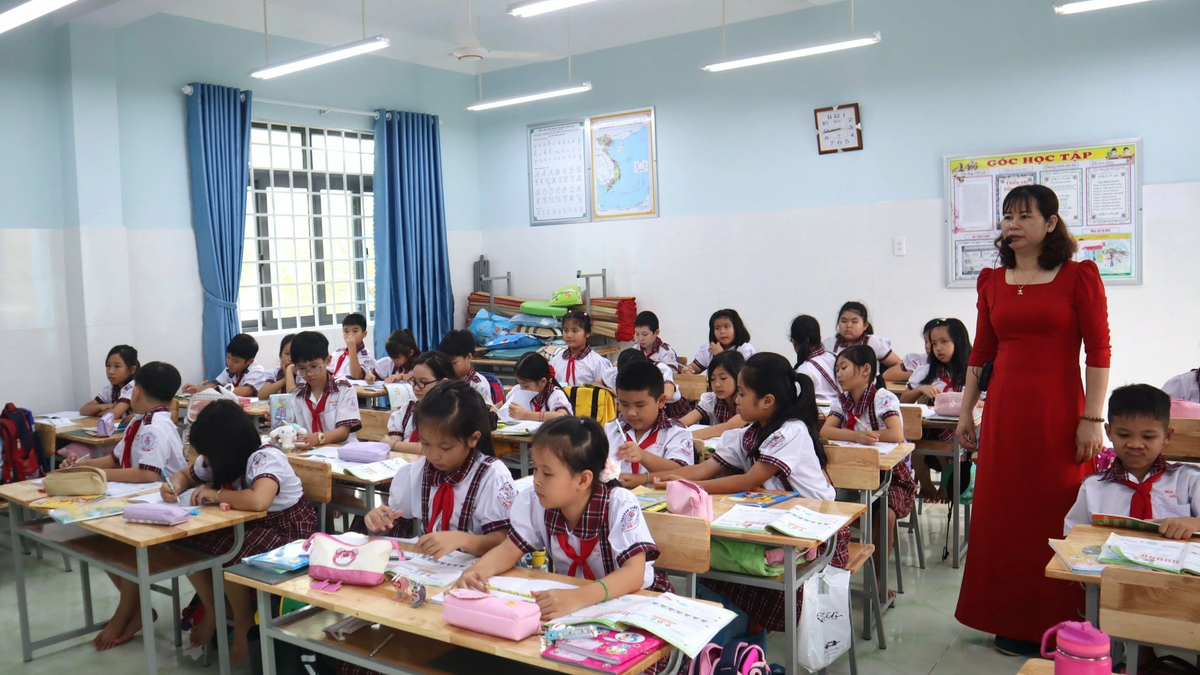

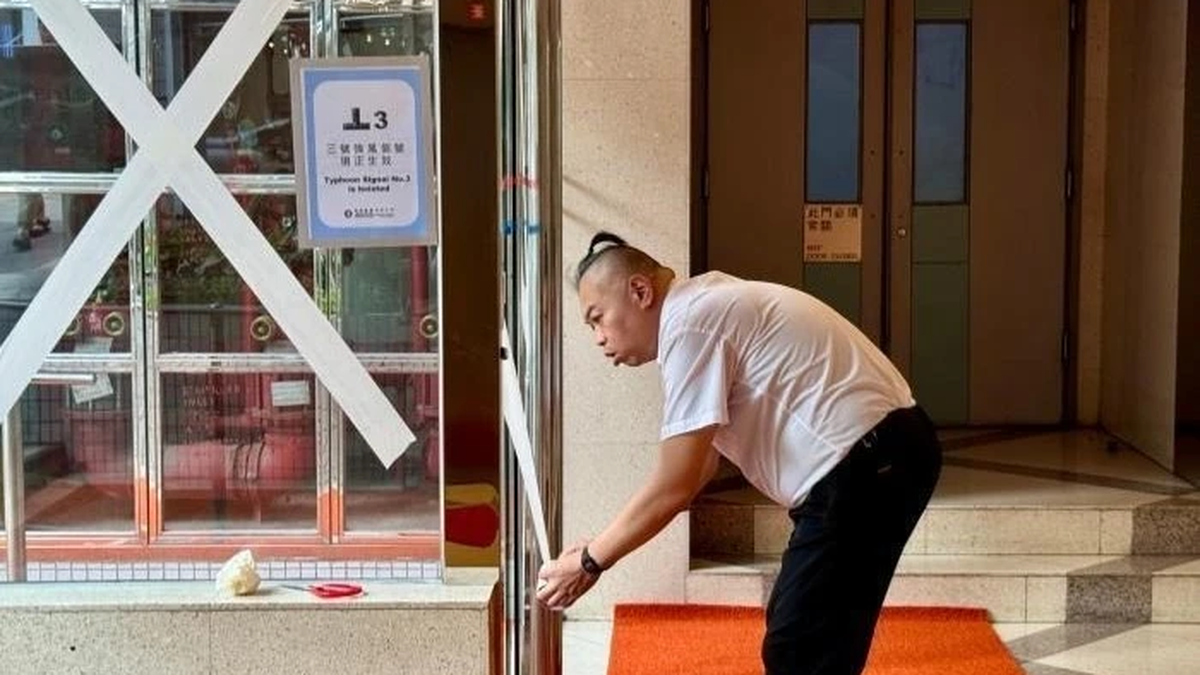
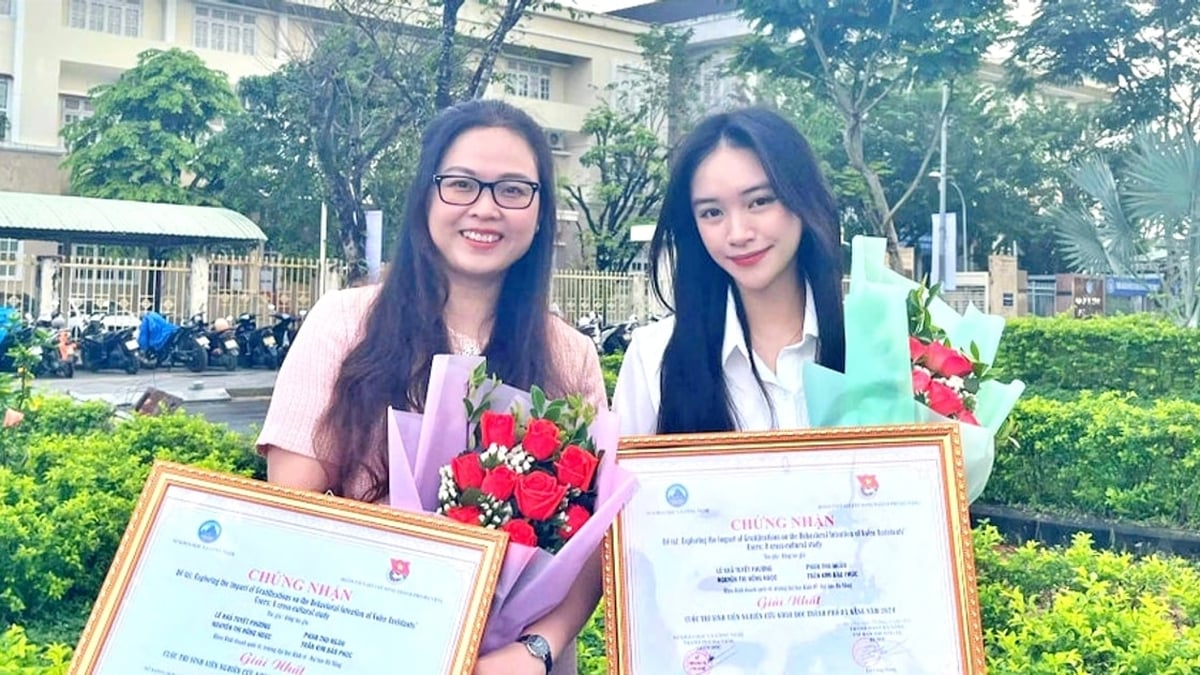
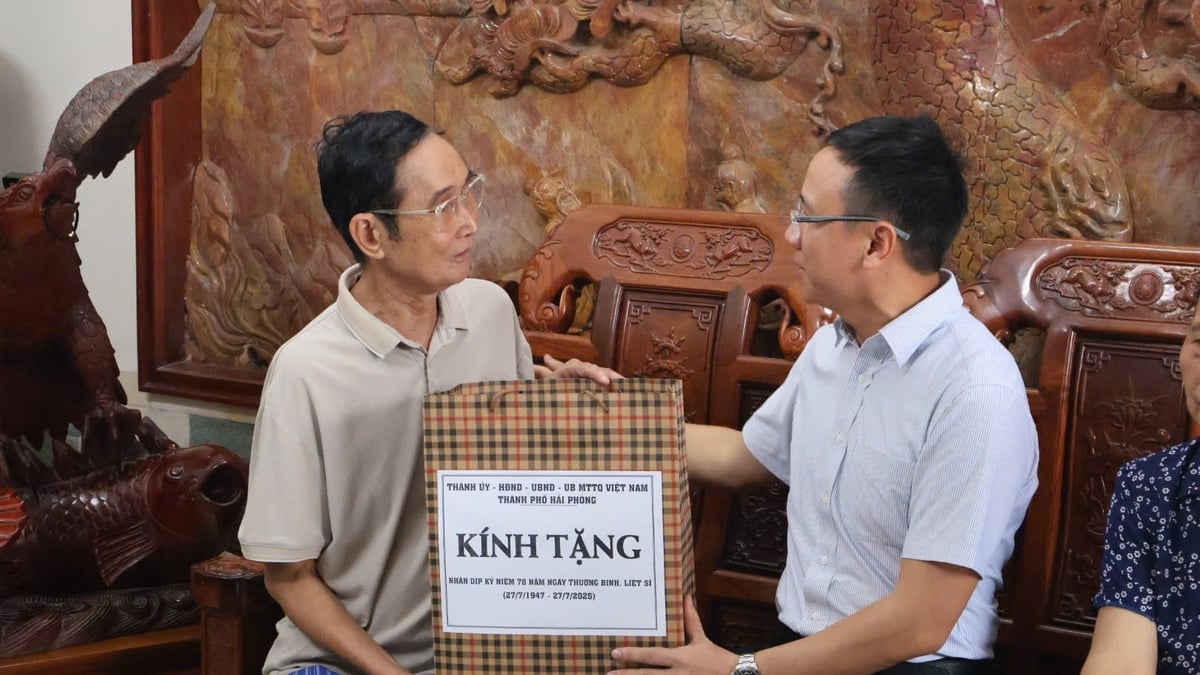
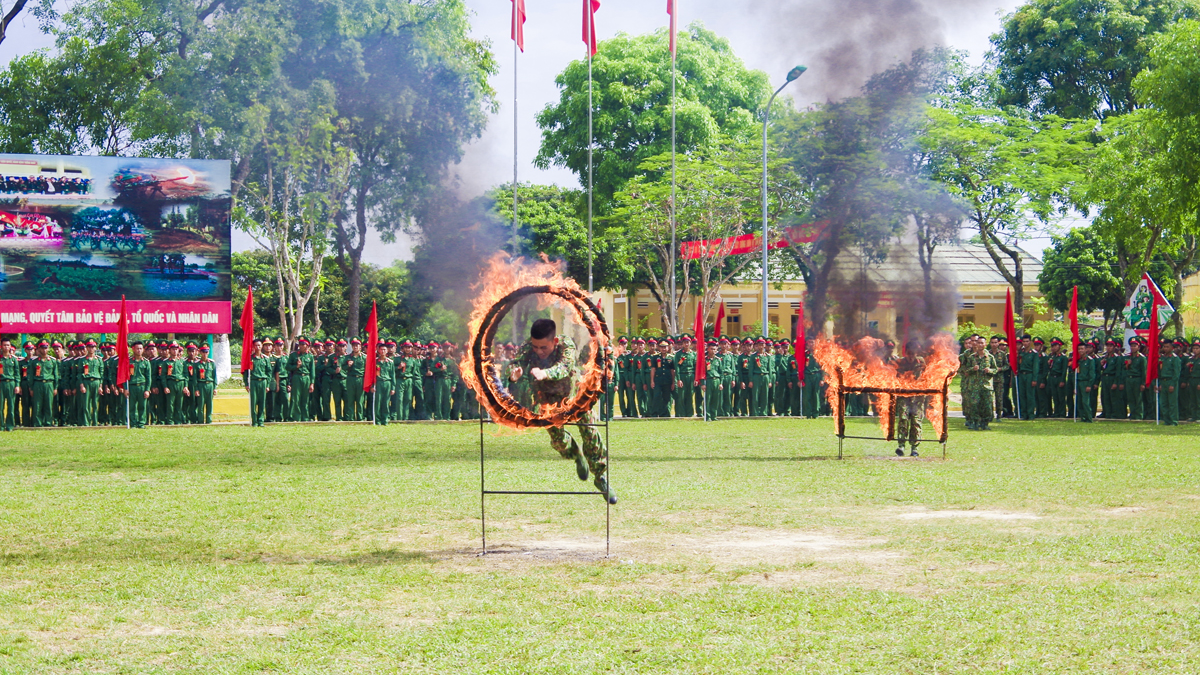
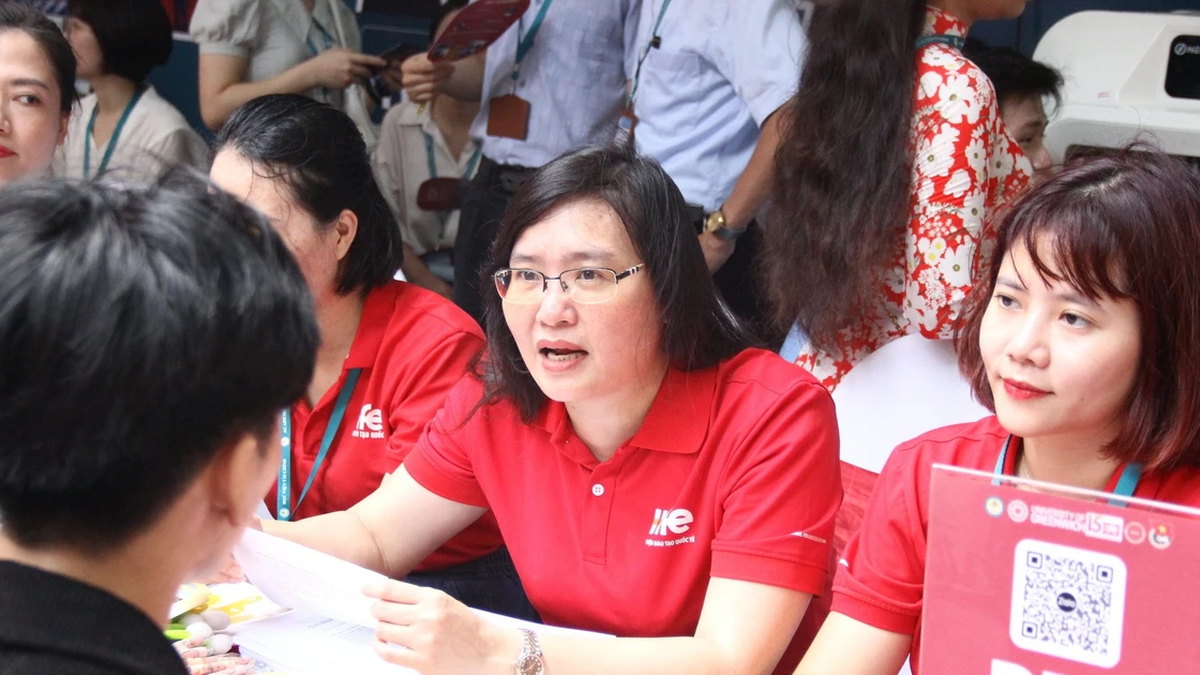
















![[Photo] National Assembly Chairman Tran Thanh Man visits Vietnamese Heroic Mother Ta Thi Tran](https://vphoto.vietnam.vn/thumb/1200x675/vietnam/resource/IMAGE/2025/7/20/765c0bd057dd44ad83ab89fe0255b783)






































































Comment (0)